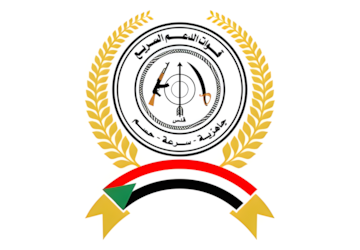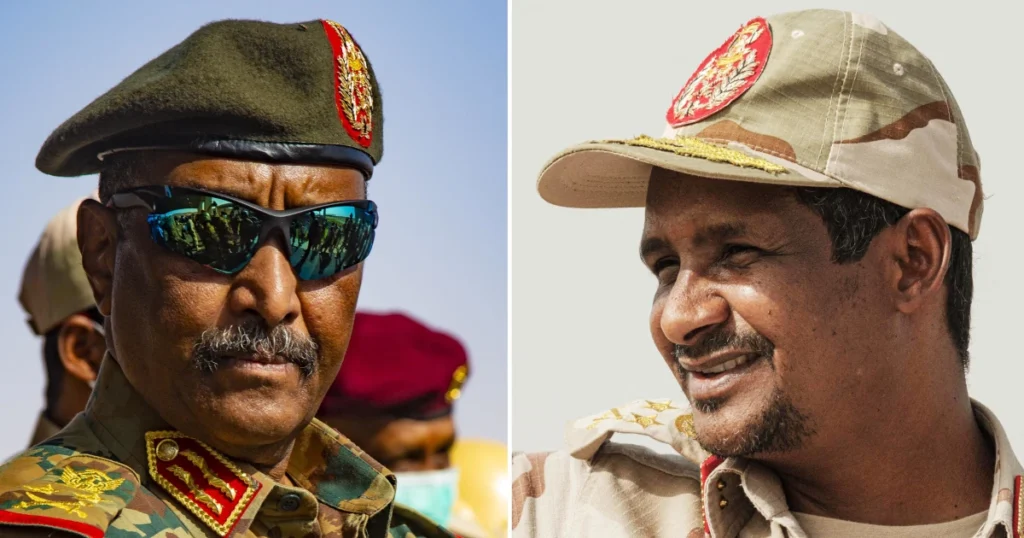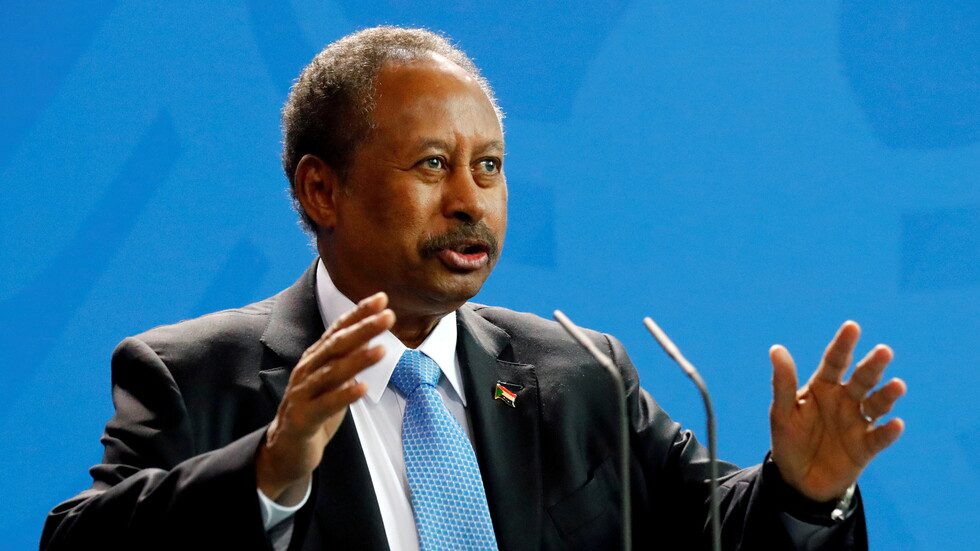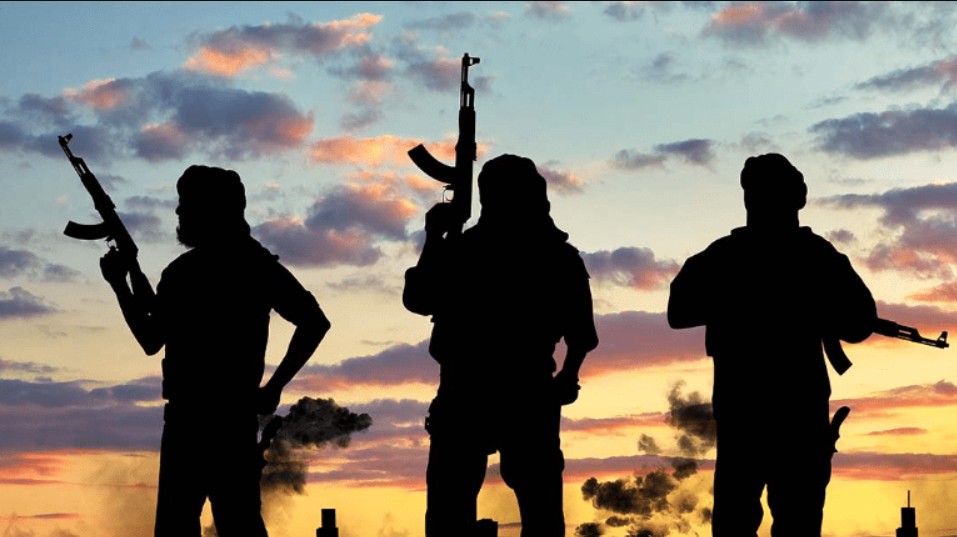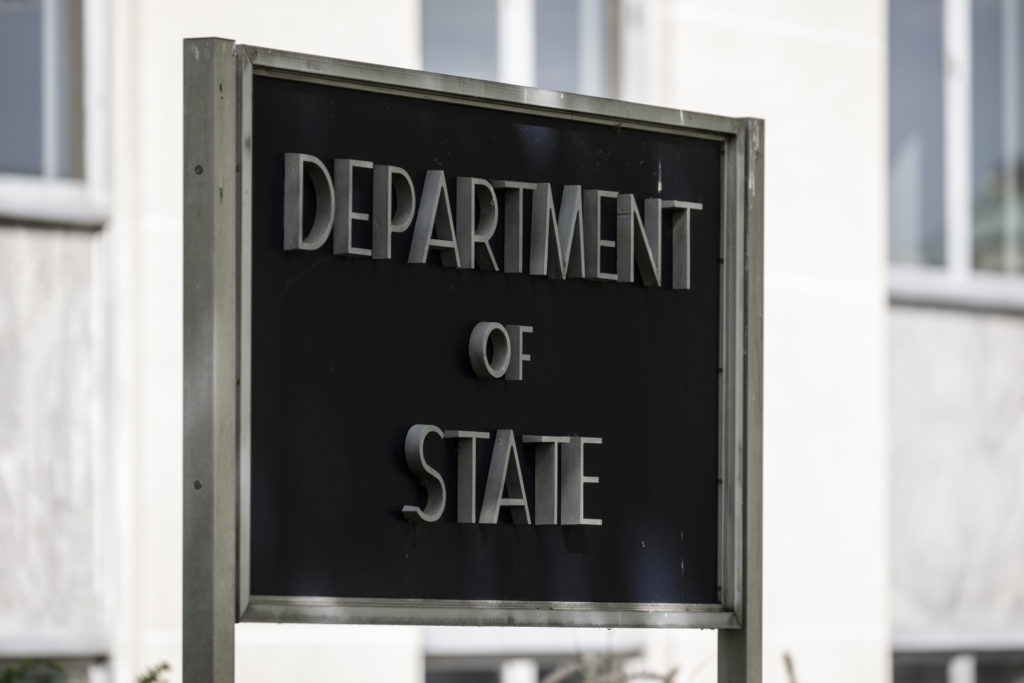
The foreign ministers of the United States, Egypt, Saudi Arabia and the United Arab Emirates called on Friday for a three-month humanitarian truce in Sudan to allow aid to flow nationwide, saying there is no military solution to a conflict they described as fueling the world’s worst humanitarian crisis.
In a joint statement, the Quad said the truce should lead immediately to a permanent ceasefire and pave the way for an inclusive, transparent transition that culminates within nine months in an independent, civilian-led government with broad legitimacy and accountability.
The ministers reaffirmed Sudan’s sovereignty, unity and territorial integrity, and urged all parties to protect civilians, stop indiscriminate attacks on civilian infrastructure and honor commitments under the Jeddah Declaration. They said Sudan’s future must be decided by its people, not controlled by any warring party, and warned against the destabilizing role of violent extremist groups linked to the Muslim Brotherhood.
The Quad also demanded an end to external military support for Sudan’s belligerents, arguing such assistance prolongs the war and threatens regional stability. It pledged to press both General al-Burhan’s army (SAF) and the Rapid Support Forces to engage in a negotiated settlement, ensure humanitarian access, bolster Red Sea security, counter transnational extremist threats and deny space to actors seeking to profit from continued conflict.
Backing ongoing diplomacy, the ministers voiced support for the Saudi- and U.S.-led Jeddah process to reach a permanent ceasefire, and for Egypt’s forum of Sudanese civil and political forces, which held its first round in Cairo in July 2024. They said they would continue consultations at ministerial and sub-ministerial levels and reconvene during a Quad meeting in September 2025 to assess next steps.
The statement said the ministers would follow up on implementation of the proposed timelines and remain ready to use their good offices to secure compliance, while urging the international community to sustain support for pressing humanitarian and early-recovery needs.

